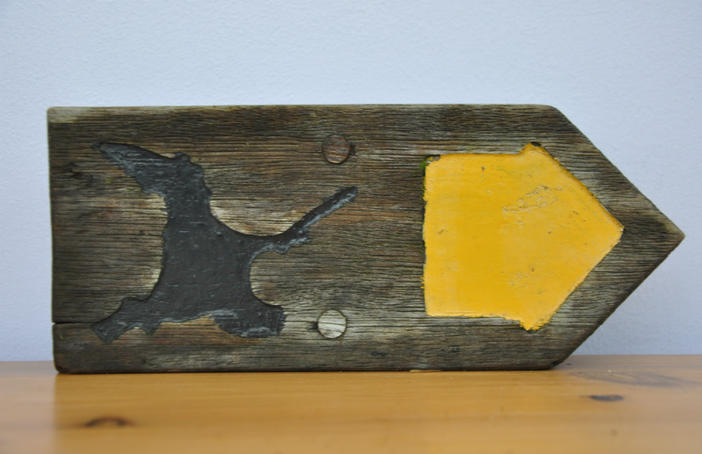Blog Post
You can put people in boxes but it doesn’t mean they will stay in them
Rachel Anderson and Cis O’Boyle of idle women share their thoughts on power and 'othering'

Jane Trowell (Platform London) once asked ‘who do you listen to?’ She proposed an exercise - go home look at your bookshelves and your music collection and see how many of the voices around you are *white male*. My answer 20 years ago was 90%. I made a pledge to only read Black writers for a year - I began at a political bookshop in the very small Black writers section, the book I selected and took home turned out to be by a white South African man. Shit.
Power Up is an extensive document and slightly intimidating to those not versed in academic format but we think Chrissie Tiller is worth listening to and were excited to embrace the questions she poses. Her enquiry and referencing provides a concise and distilled summary of many writers (intended to be read but still sitting on the shelf). This is the sort of document that - like Jane’s question once did - can open a door to a new position of thinking.
The myriad of approaches to the CPP programme can be confusing and Tiller manages to crystallize the essence and some outcomes of the CPP research experiment into manageable sections relating to power, reciprocity, cultural capital, privilege, participation, values, ethics, collaboration & politics.
Deconstructing and placing the practice of ‘othering’ as rooted in an old philanthropic leftist model. Tiller points out that despite all this knowledge, this wealthy analysis of power, despite abundant opportunities to integrate and listen and understand each ‘other’, we the self-appointed, self-assumed power holders still ‘other’. Still needing to point out observations on invited space, free labour and tickboxing, on how we use language like ‘hard to reach’, ‘participants’, ‘on the margins’ etc. At no point are ‘we’ seen as ‘we’.
The most provoking part for us is related to cultural capital. Tara Yosso’s alternative model ‘community cultural wealth’ sets out forms of capital she believes are possessed by communities often labelled as disadvantaged, this offers some hope and insight. We think that Yosso’s model is universal, rather than particular to a US context and invaluable.
Colluding with ‘othering’ is part of cognitive dissidence - to accept that an ‘other’ version is true is for ‘our’ world to literally fall apart. How can the power holders feel safe knowing that we will come like a flood in the night? Who is at the table? Who has resistant (resilience capital - Yosso) capital? It made us think about how in fact that ultimately the self-assumed power holders (the institution/government) needs cultural capital more than the ‘others’ need them…
A benefit of being invisible is stealth.
One of the key mistakes made when planning the revolution is the belief that it’s possible to retain control, to replace one capitalist power structure with another. That water once released from floodgates can be coaxed along a path of your design.
Meanwhile.
You can put people in boxes but it doesn’t mean they will stay in them.
It’s true that we can’t dismantle the master's’ house using his tools but we might use them to scratch messages in walls –coded languages that cannot be read unless you know what you’re looking at, we can shape shift, we can focus our strength, adaptability, our belief that we are loved and worth something, our knowledge of the cost of bread, we can harness our nothing to lose.
Brexit
If you leave people for dead what happens when they survive?
Those who fall through cracks find new paths. They sit at the closed meetings you attend, they lead your institutions, you grant them funds, they represent your country at International art fairs, write your blogs, speak on platforms you arrange...they are all scratching messages in walls, if you listen you will be able to read them.
Cis O’Boyle and Rachel Anderson
Caretakers
idle women
idle women initiates and creates comntemporary art with women www.idlewomen.org
* insert any majority power holder here– male, heterosexual, middle/upper class etc*
Image: Photo by Wendy Burnett, idle women 2016







